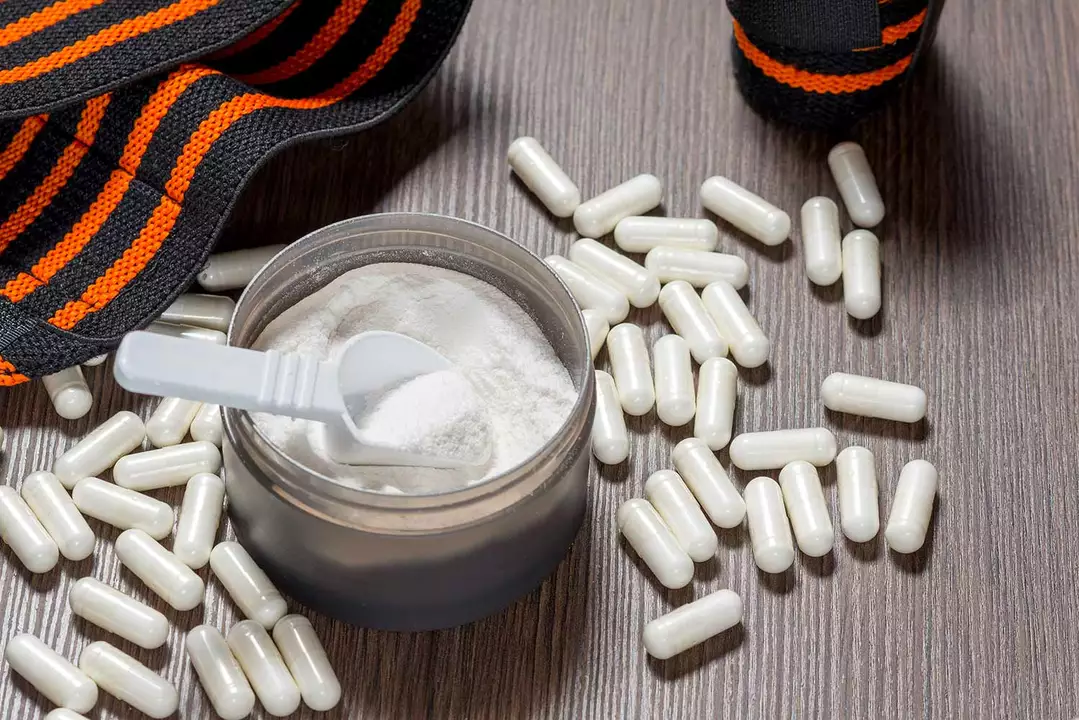Dietary supplements: what to pick and how to stay safe
Thinking about taking a supplement? You’re not alone. Supplements can help fill gaps in your diet, support recovery, or target a specific issue like sleep or joint pain. But they’re not magic—some help, some don’t, and some can cause harm if used carelessly. Below are clear, practical rules to help you choose and use supplements without guesswork.
How to pick a safe supplement
First question: do you actually need it? Check your diet and, if possible, get a simple blood test (vitamin D, B12, iron). If a nutrient is low, a targeted supplement usually makes sense. If your diet is varied and balanced, a daily multivitamin is often unnecessary.
Next, read the label. Look for dosage (mg or IU), active ingredient, and any allergens. Prefer brands that show third-party testing like USP, NSF, or ConsumerLab. That testing means the product contains what it says and is free from many contaminants.
Watch for extra ingredients. Some supplements add fillers, stimulants, or proprietary blends that hide exact doses. Avoid those unless you know why they’re there. If a product promises a miracle — huge weight loss, instant muscle gain, or cure-all — treat it as a red flag.
Common supplements and realistic uses
Vitamin D: Helpful if you have low blood levels, limited sun exposure, or dark skin. Typical daily doses range from 800–2000 IU but follow your doctor’s advice.
Omega-3 (fish oil): Useful for people who eat little oily fish. Look for EPA/DHA content on the label — more important than the total oil amount.
Glycine: A simple amino acid some people use for sleep or recovery. Evidence is emerging but mixed; try a low dose first and note how you feel.
Probiotics: Can help with certain digestive issues. Choose strains and doses backed by studies for your specific problem (e.g., antibiotic-associated diarrhea).
Creatine: One of the few performance supplements with strong evidence for improving strength and recovery when combined with resistance training.
Prescription-level drugs or performance steroids shouldn’t be treated as dietary supplements. Buying those online carries legal and safety risks. If you’re unsure, ask a clinician.
Timing and dose matter. Some nutrients are best with food (fat-soluble vitamins), others on an empty stomach. Don’t exceed recommended doses long-term — more isn’t always better.
Check interactions. Supplements can change how prescription drugs work. For example, some herbal supplements affect blood thinners or antidepressants. Always tell your doctor or pharmacist what you’re taking.
Track results. Give a supplement a fair trial (usually 4–12 weeks for many nutrients) and note changes. Stop if you see side effects like stomach upset, rashes, or unusual tiredness.
Simple routine: fix obvious diet gaps first, pick tested brands, start low, watch for interactions, and reassess after a few months. If you want help picking a product, bring labels to your healthcare provider — it makes advice specific and safe.

Transform Your Health Journey with the Powerful Benefits of Abuta Dietary Supplement
Hey everyone, I'm excited to talk about something that's been a game changer for me – the Abuta dietary supplement. I've been on this health journey for a while, looking for natural ways to boost my well-being, and I must say, discovering Abuta has been a revelation. Packed with powerful benefits, this supplement has helped me tackle issues I didn't even know I had. You know, it's like finding that missing puzzle piece for your health. I'm here to share how Abuta has transformed my health, and maybe it can do the same for you. Stay tuned!

Discover the Amazing Health Benefits of Phleum Pratense Dietary Supplements
I recently came across Phleum Pratense dietary supplements and was astonished to learn about their incredible health benefits. These supplements are derived from a grass species, commonly known as Timothy grass, and are packed with nutrients that promote overall health. They are known to help with allergies, inflammation, and improving digestion. Additionally, they can provide a natural energy boost and support a healthy immune system. I can't wait to try Phleum Pratense supplements and experience these amazing benefits for myself!
